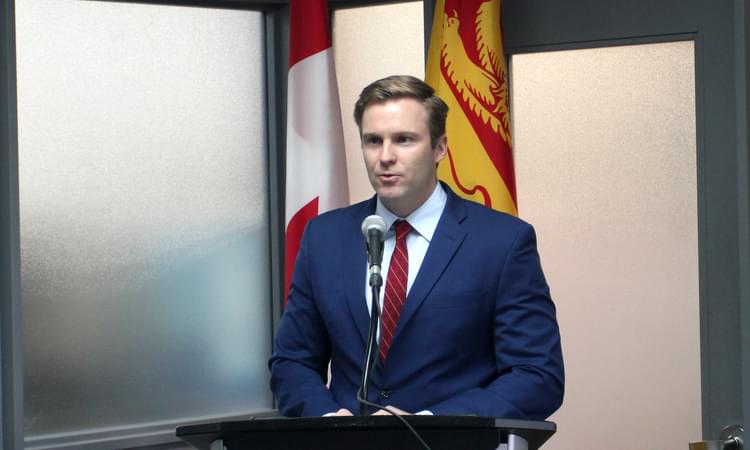Editorial: Reverse decline in House sittings – Telegraph Journal – 23 May 2018
“But less House time isn’t about question period alone. As Green party leader and Fredericton-South MLA David Coon told the newspaper, it also restricts time for private member’s bills and other business that doesn’t jibe with the government’s preferred agenda.”
This is why it’s so troubling to learn that full sittings of the legislature have declined in the past four years. Less time in the House means a weaker check on the regime from the people’s representatives of all political parties.
An exclusive inquiry by the Telegraph-Journal shows New Brunswick MLAs have spent 50 fewer days in session than they did under the previous Progressive Conservative government, led by David Alward. And sittings are down by 88 days compared with the former Liberal government of Shawn Graham.
New Brunswick is thus sliding downward. If governments are allowed to progressively reduce the time the House sits, this problem could get even worse after September’s election. Residents should not stand for a withering of this institution.
Question period is arguably the most important process of the legislature, where MLAs can grill the government and draw errors or misjudgments to light. When legislators meet less often, it means there will be fewer opportunities to do so.
But less House time isn’t about question period alone. As Green party leader and Fredericton-South MLA David Coon told the newspaper, it also restricts time for private member’s bills and other business that doesn’t jibe with the government’s preferred agenda.
It’s not hard to tell why having fewer questions periods and private member’s bills are advantageous to the government. But it’s puzzling how this could make New Brunswickers any better off.
In response to these findings, the government has responded that while full House sittings are down, committee time is up. It says these meetings provide more in-depth work from MLAs.
While we don’t dispute that committee work is important, it’s no substitute for the more visible, and adversarial, full legislative sessions. To boot, it is usually backbench MLAs who do committee work, instead of cabinet ministers. And the governing party controls the agenda, whereas in question period the opposition can use the time as it sees fit.
It’s also notable that while many committees have indeed met more, the legislature’s finance committee has met less in the Gallant era. That’s a big oversight, considering the poor financial position of the province.
Whether or not the government is specifically intending to reduce debate or its exposure to criticism, it is clearly a mistake to go down this road.
The strength of our legislative branch should be an issue in the upcoming election. All parties should commit to renewing the legislature’s role in our democracy.
Better yet, we need to devise a way to take this matter out of the government’s hands. No party should be able to reduce the capacity for review and criticism, just because it has gained power. Creating a more effective and transparent legislature is an important priority.
